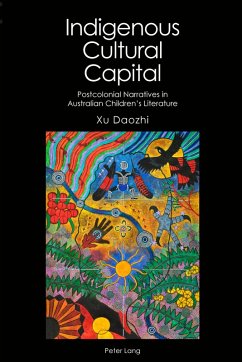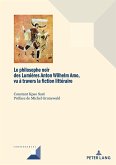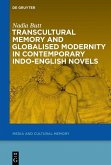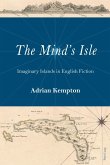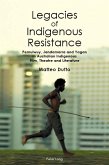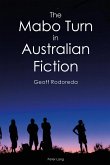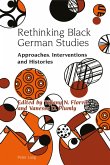Winner of the Biennial Australian Studies in China Book Prize 2018 for an Original Work of Scholarship (in English)
This book explores how Australian Indigenous people's histories and cultures are deployed, represented and transmitted in post-Mabo children's literature authored by Indigenous and non-Indigenous writers. Postcolonial narratives in Australian children's books enable readers access to Indigenous cultures, knowledge and history, which bring with them the possibility of acculturation. This process of acquisition emerges as an embodiment of cultural capital, as theorised by Pierre Bourdieu, but carries an alternative, anti-colonial force. This book argues that by affirming Indigenous cultural value and re-orienting the instituting power of recognition, the operation of «Indigenous cultural capital» enacts a tactic of resistance and functions with transformative potential to change the way in which cultural relations are reproduced in settler society. Through examining the representation, formative processes, modes of transmission, and ethical deployment of Indigenous cultural capital, this book provides a fresh perspective on postcolonial readings of children's literature. In doing so, it makes original contributions to literary criticism and significant theoretical advances to postcolonial scholarship.
Hinweis: Dieser Artikel kann nur an eine deutsche Lieferadresse ausgeliefert werden.
This book explores how Australian Indigenous people's histories and cultures are deployed, represented and transmitted in post-Mabo children's literature authored by Indigenous and non-Indigenous writers. Postcolonial narratives in Australian children's books enable readers access to Indigenous cultures, knowledge and history, which bring with them the possibility of acculturation. This process of acquisition emerges as an embodiment of cultural capital, as theorised by Pierre Bourdieu, but carries an alternative, anti-colonial force. This book argues that by affirming Indigenous cultural value and re-orienting the instituting power of recognition, the operation of «Indigenous cultural capital» enacts a tactic of resistance and functions with transformative potential to change the way in which cultural relations are reproduced in settler society. Through examining the representation, formative processes, modes of transmission, and ethical deployment of Indigenous cultural capital, this book provides a fresh perspective on postcolonial readings of children's literature. In doing so, it makes original contributions to literary criticism and significant theoretical advances to postcolonial scholarship.
Dieser Download kann aus rechtlichen Gründen nur mit Rechnungsadresse in A, D ausgeliefert werden.
Hinweis: Dieser Artikel kann nur an eine deutsche Lieferadresse ausgeliefert werden.
«This is a groundbreaking discussion of the representation of Aboriginal people in children's literature. Importantly the book confirms Aboriginal agency through the deployment of indigenous cultural capital. The analysis of the circulation of cultural capital in Aboriginal writing is a significant and timely intervention into indigenous studies.» (Bill Ashcroft FAHA, Australian Professorial Fellow, University of New South Wales)
«In this persuasive, deeply researched study, Xu Daozhi demonstrates that Australian children's books are powerfully invested in Aboriginal cultures. An impassioned call to see children's books with fresh eyes, Indigenous Cultural Capital examines works by Aboriginal and non-Aboriginal writers, investigating the ethics of representation and the issues associated with publication and reception.» (Clare Bradford, Emeritus Professor, Deakin University)
«In this persuasive, deeply researched study, Xu Daozhi demonstrates that Australian children's books are powerfully invested in Aboriginal cultures. An impassioned call to see children's books with fresh eyes, Indigenous Cultural Capital examines works by Aboriginal and non-Aboriginal writers, investigating the ethics of representation and the issues associated with publication and reception.» (Clare Bradford, Emeritus Professor, Deakin University)

